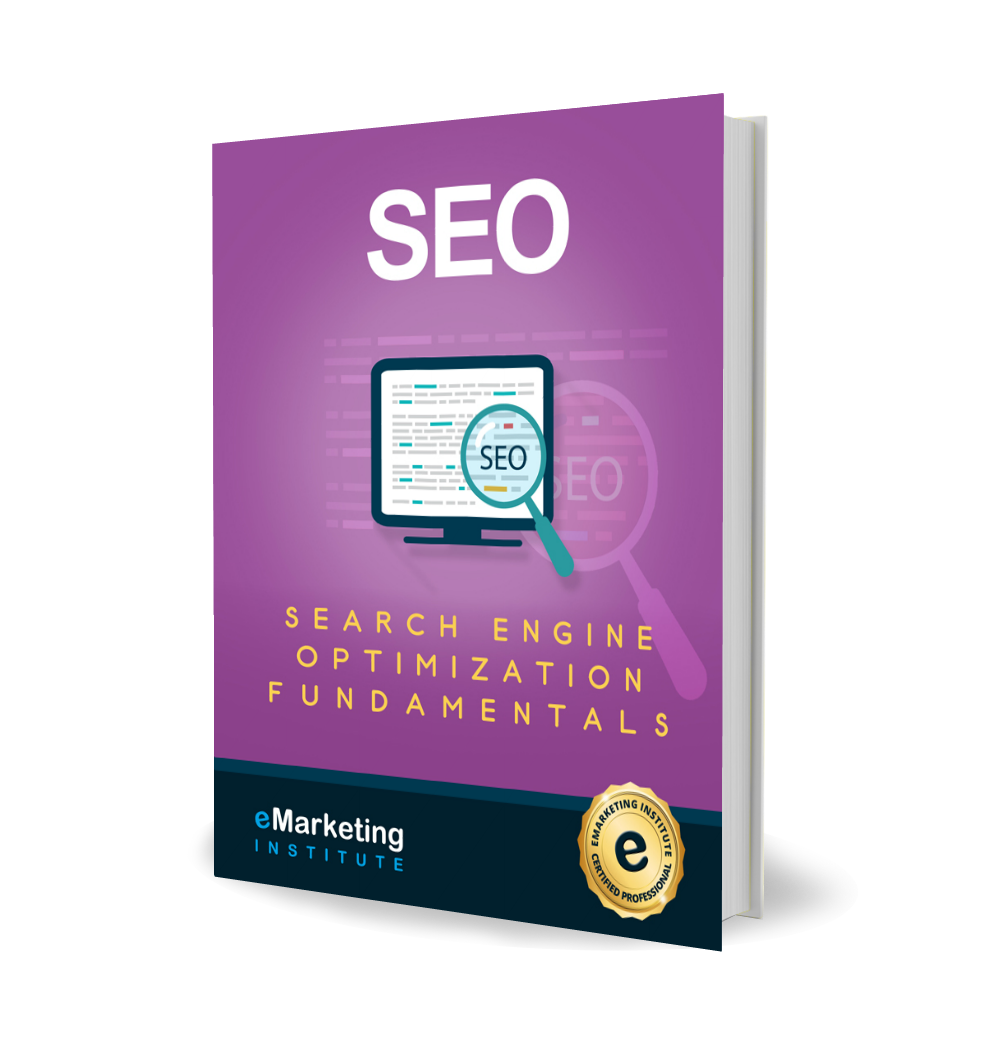Chapter content
The first chapter presents the major topics related to search engine optimization, which will be covered in the e-book. The purpose of this outline is to briefly explain the most important topics which are necessary for understanding and using SEO.
2. Introduction to Search Engine Optimization
Starting with the definition of what SEO is, this chapter continues with explanations on why SEO is important part of marketing strategy, as well as mentioning some of the common SEO techniques. This is a perfect starting point for anyone who is new to SEO.
3. Understanding Search Engines
In order to be successful in SEO, you have to understand how search engines work, in terms of indexing and ranking. You will also find out how people interact with search engines, what search engine marketing is and why it matters.
4. Search Engine Friendly Site Design and Development
Here you will learn the basics of search engine friendly websites, which includes topics such as indexable content, title and meta tags, link structure, nofollow links, keyword usage and URL structures. Search engine friendly websites are successfully indexed by search engines and thus presented in the search engines results, which is why understanding the principles of how to create search engine friendly website is very important.
In this chapter you will learn what keyword research is and why this is an important part of SEO. This is a very helpful section as phases of keyword research are listed in chronological order allowing you to follow steps to discover the keyword relevant to your website. The chapter also features a lot of recommendations on keyword research tools, including suggestions on the tools you could use, with both paid and free tools mentioned.
Since SEO is the process through which you ultimately try to improve ranking of your website, you have to understand how Google ranking works and how some good practices can help you improve Google rank.
7. Google Panda and Other Algorithm Updates
Positioning is essential part of SEO, so the goal of this chapter is to understand the process of website positioning and ranking inside search engines. Search engines use algorithms to index websites and in this chapter you will learn about evolution of the algorithms, and what kind of practices are recommended in order for a website to be indexed. The chapter features chronology of updates so you can learn how algorithms evolved over time.
After a short introduction to link building and its importance in SEO, the chapter continues with defining types of links that can be obtained, link building tactics and metrics. You will also find out how to start a link building campaign, the difference between good and bad link building, as well as other tips that will help you with link building.
9. Search Engine Tools and Services for Webmasters
The following chapter is focused on recommending services and tools webmasters should use in the process of search engine optimization. These include search engine protocols, common search engine myths and misconceptions, tips on how to measure and track success, and SEO tools to use.
10. Steps to Optimize Your Website
Having learnt about what search engine optimization is and some of best practices and tools that are available, you are ready to implement this on your website and you will learn to do so in this chapter. The steps to optimize your website are divided into two categories, before you create a website, and steps that can be done after you have already created a website.
Here you can read about SEO recommendations that will help you apply best practices in the process of SEO, including following guidelines, staying up to date. It is important to think about search engines and about the visitors when optimizing your website. This chapter also features a list of SEO dos and don’ts.
12. Search Engine Optimization Glossary
The glossary features an extensive list of terminology related to search engine optimization that will be helpful, especially if the topic of SEO is somewhat new to you and you are not completely sure what each term refers to.
Contains list of questions and their answers for exercise.
The conclusion sums up the major points presented in the e-book and it highlights the importance of SEO nowadays. The chapter also features a graph showing how the number of internet users has grown over the years, which is why SEO and internet marketing in general have become so significant in modern business.

